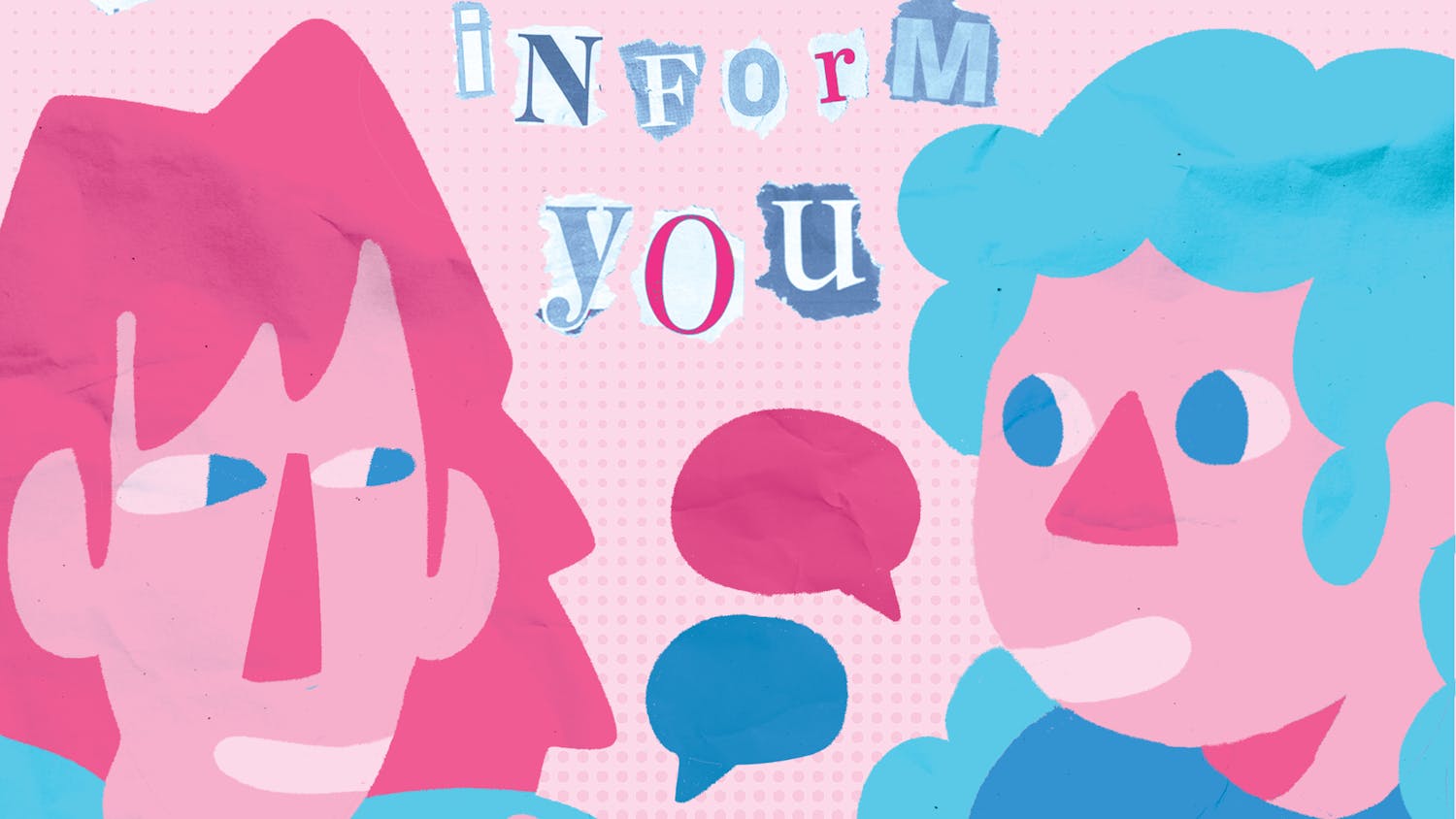Traditionally, artists seek patrons with deep enough pockets to reach their full creative potential. Unless extremely talented or motivated, it’s difficult to find an audience alone.
Peggy Guggenheim supported Jackson Pollock and Mark Rothko. Charlotte Osgood Mason funded Langston Hughes and Zora Neale Hurston. John Ruskin guided landscape painter J.M.W. Turner. All three now-dead patrons concerned themselves not only with the success of their artists but also what the work expressed about humanity.
But since the abstract expressionists of the 1950s, the patron and artist relationship has evolved in accordance with the global economy.
In music, record companies quickly usurped the role of individuals in supplying bands and solo artists with an appropriate recording setup and an advertising budget. Thus started the perspective that music could not only entertain but become an easily packaged product.
In the 21st century, some musicians have taken the commodification of music one step further. With record companies waning in the internet age, artists like U2, Jay-Z and, most recently, Taylor Swift have found even deeper pockets to bolster their album rollouts: Fortune 500 companies.
Two weeks ago, with the release of her subpar first single “Look What You Made Me Do,” Swift announced a partnership with UPS for her upcoming sixth album, Reputation. The deal consists of advertising, adorned with Swift’s face and Reputation typography, on the sides of those hard-to-ignore UPS trucks.
Swift’s partnership flirts with the balance of creative freedom and a vision compromised by corporate interests. It’s difficult to not imagine UPS executives loving the catchy, Top 40 chorus of “...Ready for It?” or any other post-Speak Now numbers attached to her name.
Taken too far, the rendering of music as a product with some parties more invested than the artist themselves can backfire to great degrees — especially with a public who refuses to buy in.
Apple essentially lost $100 million in 2014 from a hyperbolic backlash of disgust to the U2 record that appeared on 500 million iTunes accounts unsolicited. Instead of Songs of Innocence, U2’s 13th album, being viewed as an artistic expression, it is remembered as a failed and irritating gimmick.
Eventually, Bono apologized to distraught millennials for this debacle, which at least provided a guideline of what not to do. Steve Jobs famously said, “A lot of people don’t know what they want until you show it to them.” Needless to say, I don’t think that applies to U2 albums.
Jay-Z found more success in his handling of his last two albums, Magna Carta...Holy Grail and 4:44. Due in part to deals with Samsung in 2013 and Sprint in 2017, both albums were certified platinum within the first week of their releases. Customers of Samsung and later Sprint gained free access to the albums on their devices, gaming the certification system a bit — but as Jay-Z once rapped, “I’m not a businessman/I’m a business, man.”
Because Jay-Z only negotiated the albums' release and not their advertisement, he could still deliver two original creations unbound by external expectations. Unlike Swift, he did not assume a partner during the rollout, preventing restriction.
However, not every sponsorship comes at the creative direction of suits and ties. Despite A-list musicians inking major partnership deals, some smaller companies still follow a more traditional method of patronage by commissioning songs. A marketing company called MailChimp collaborated with Dev Hynes of Blood Orange and Bryndon Cook of The New Romantic to form VeilHymn — note the similarity between the company's and band's names.
Although VeilHymn’s first single was commissioned by a company, the sound of the duo comes off as entirely new and supported by financial reward in a way that is more like a patron than a corporation. Full transparency and declaration of intent, as discussed in interviews, clears up the muddiness from a non-musical partnership with musical creators.
With the increased production of loftier, more expensive visual albums — think Beyoncé's Lemonade or Toro Y Moi’s Boo Boo — perhaps budgets make it necessary to secure financial backing.
This acceptance of for-profit art by musicians opens up a slippery slope. One day, music might lose its capacity for human connection and be replaced by covert advertisements.
Maybe Katy Perry’s last album would have fared better if she had FedEx in her corner.
Luke Furman is a senior studying journalism at Ohio University. Please note that the views and opinions of the columnists do not reflect those of The Post. What do you make of business infiltrating music? Let Luke know by tweeting him @LukeFurmanLog or emailing him at lf491413@ohio.edu.






